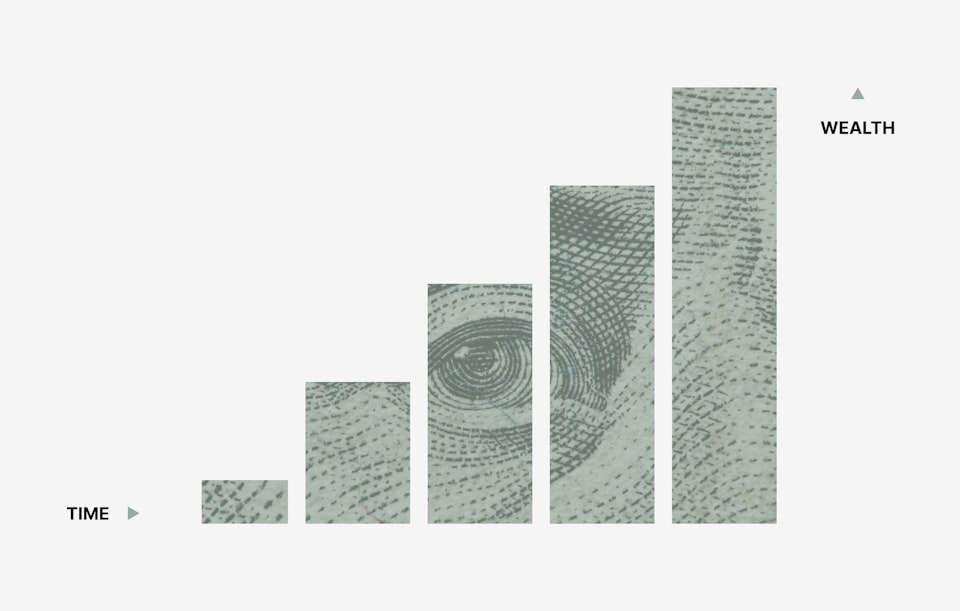Money and Happiness

Originally Posted on 03/11/23 in Publications Update # 7
1/17
— White Coat Investor (@WCInvestor) March 5, 2023
15 Tips For Being Rich
While plenty of people can show you how to get rich, there are not so many teachers when it comes to being rich.
Consider these financial and some philosophical tips for the wealthy🧵👇
If you are a trainee reading this newsletter, you might wonder why I am sending you an article titled 'Tips For Being Rich.' Trainees and, for that matter, many new attendings are anything but rich. Nevertheless, the tweetorial has some practical advice about money and life. The two I want to highlight are:
Tip # 1 (2/17) - Time is your limiting factor - not money! Hire help to make it possible for you to help others - i.e., your patients, your trainees, your staff, etc. Find someone to come and clean your house, get your car detailed, automate your groceries - use instacart, find someone who can cook a healthy meal and deliver - you get the idea.
Tip # 7 (8/17) - Spend money and time on your health - When you save time using Tip # 1, use that time on yourself - do what re-energizes you. Reading a book, going for a walk, spending time with your family .... it's worth it.
Want to go deeper into this topic?
The more significant question is, "Does money make you happy?"
The more straightforward answer you may have heard is - NO. It turns out it's not that simple. In 2010, Daniel Kahneman (Nobel Laureate) wrote a paper published in the Proceedings of the National Academy of Sciences (PNAS) had the following conclusions:
> Emotional well-being also rises with log income, but there is no further progress beyond an annual income of ~$75,000. Low income exacerbates the emotional pain associated with such misfortunes as divorce, ill health, and being alone. We conclude that high income buys life satisfaction but not happiness, and that low income is associated both with low life evaluation and low emotional well-being.
However, Daniel Kahneman collaborated with another team in a recent paper to revise their conclusions. More money can translate into more happiness for about 80% of the population. For the remaining, labeled as baseline unhappy people in this study, more money does not make you happier. The ceiling effect happens at about 500K.
But ultimately, data strongly supports that PROSOCIAL spending (spending your financial resources to help others) correlates strongly to well-being.
Here is a link to this paper if you want to read it: https://psycnet.apa.org/record/2013-04859-001
